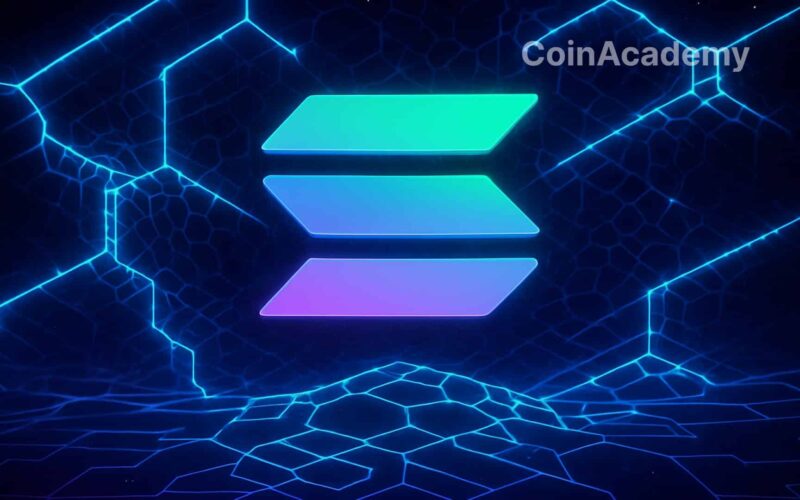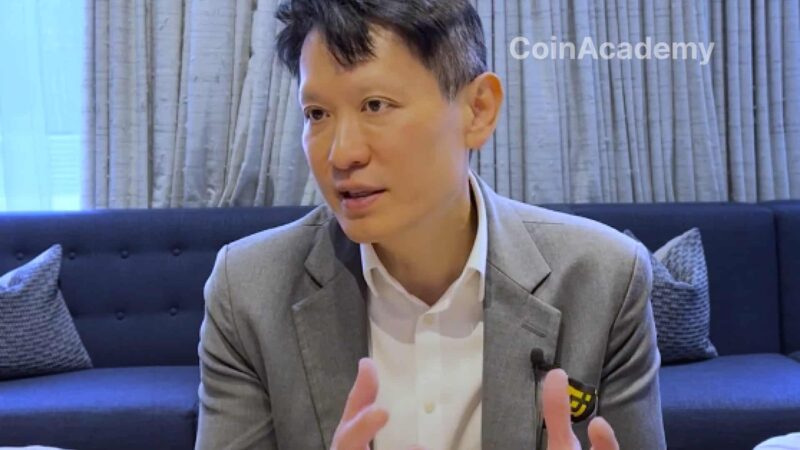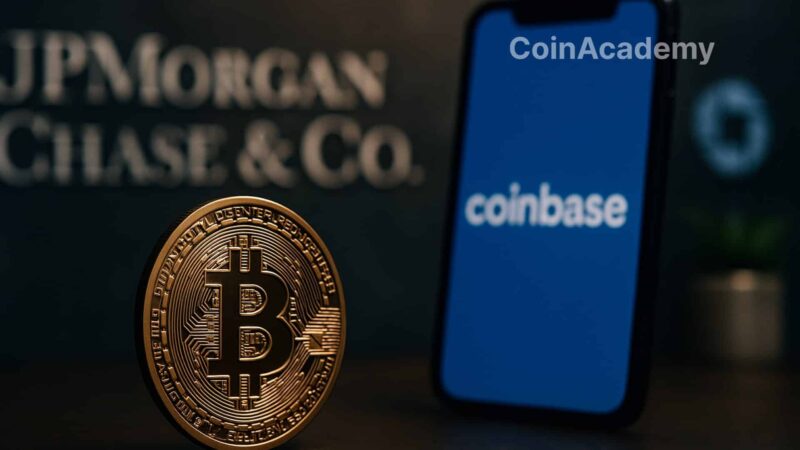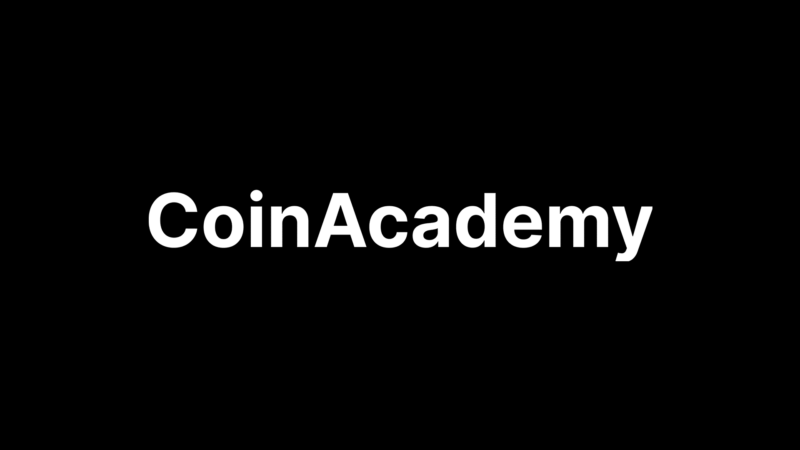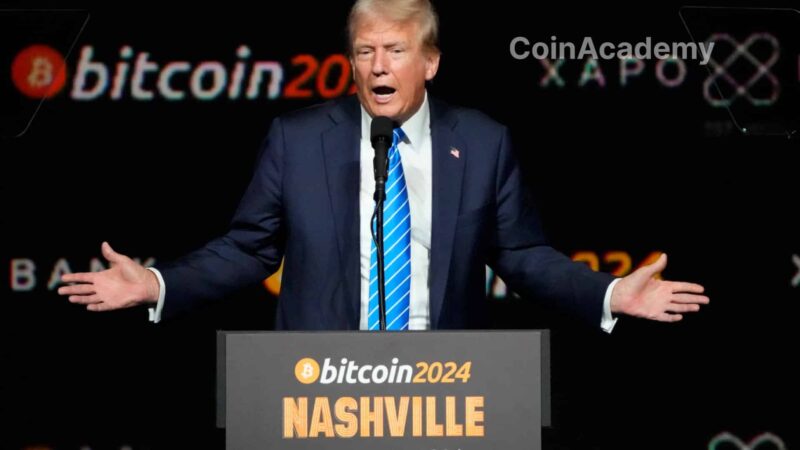The Solana Foundation has announced a major change in its token delegation program to strengthen the resilience of its network. Now, for every new validator added to the program, three existing validators receiving less than 1,000 SOL from the community will be excluded. This strategy aims to reduce excessive dependence on Foundation support and encourage legitimacy acquired directly from market delegators.
Approximately 150 Solana validators on the chopping block
According to Dan Smith, head of data at Blockworks Research, about 150 validators would be affected by this new rule, considering current staking levels. The Solana Foundation has a significant reserve of SOL, which it uses to support validators by providing them with token delegation and partial coverage of their voting fees for one year, after identity verification (KYC). This support is not unconditional: in June 2024, the Foundation had already expelled several validators for using private mempools susceptible to sandwich attacks.
A necessary evolution for the Solana ecosystem?
While this program has contributed to the rapid development of the validator ecosystem (72% of them still received Foundation support last year, according to Helius), the continued artificial maintenance of some actors ultimately weakens the network’s autonomy. By gradually removing this support, the Foundation forces validators to seek authentic support from SOL holders or to leave the ecosystem.
This decision, although essential for the network’s cleansing, risks further weakening small validators, who are already affected by the decline in activity on Solana. Between the reduction in transaction volume, the tightening of the delegation program, and the prospect of future decreases in Solana’s inflation rate, challenges are mounting for the least robust operators.
A step towards a more mature network for Solana
The refocusing of the Solana Foundation marks an important transition: moving from a model of generalized support to a more natural selection of validators capable of thriving on their own. By encouraging the emergence of independent actors, Solana is aiming for a more robust infrastructure that is better aligned with the principles of decentralization and long-term sustainability.
